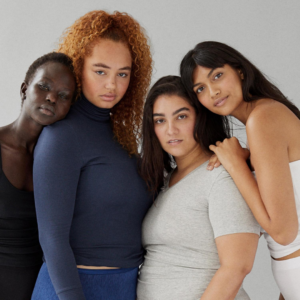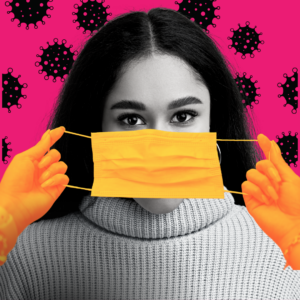Agreements made at the 26th United Nations Climate Conference (COP26) will impact all our futures. For women, indigenous peoples and non-binary and transgender women, the stakes are disproportionately higher at the talks held in Glasgow this month.

While climate change undeniably impacts all communities, all of us, 68% of hundred-thirty studies reviewed by Carbon Brief in 2020 found that women and girls face more climate-related health risks than men and boys.
A further 21% of the studies found men to be worse off with the final 11% recognising no difference in health outcomes between genders. While women are not always experiencing the worst health outcomes, they are disproportionately affected.
Despite this unsettling reality, there has been limited research into the gendered impacts of climate change. Scarcer still is the research considering the effects of climate change for non-binary and transgender people. The reasons behind these uneven impacts deserve greater attention.
According to Carbon Brief, disproportionate health outcomes are more often caused by economic, social, and cultural inequalities than any physical differences between the genders. The nature of these inequalities tends to be region-specific, bringing another layer of complexity to the problem.
In this way, existing gender inequalities are likely to be exacerbated by changes to the climate.
The harm of regional weather changes
On 12 October 2021, cyclone Maring, called Kompasu internationally, struck the Philippines. Homes were wrecked, livelihoods destroyed and thirty-nine people are known to have lost their lives. The immediate fallout of the storm has been devastating with efforts now focused on clearing the considerable damage caused. Even as life returns to normal, the storm will continue with its heavy cost. But from this point, the damage will be increasingly silent, more covert, and very likely worse for the country’s most disadvantaged people.
Tropical storms, like cyclone Maring, are known to be increasing in severity and frequency due to human-induced climate change. As temperatures rise and weather patterns shift, food and water sources are becoming less secure especially in Sub-Saharan Africa. The distributions of infectious diseases are also spreading as carriers such as mosquitos can now survive further from the equator. For vulnerable people, these shifts are potentially disastrous, yet this risk is not experienced evenly across the genders.
Changing regional weather patterns are known to reduce food and water security across much of the world. Carbon Brief analysed fourteen studies, 79% of which revealed women to be more seriously affected by harvest losses and water scarcity than men. This is particularly pertinent in countries across Africa where, according to the UN, at least 90% of the female population are reliant upon the land for their livelihoods.
Yet as the climate changes, agricultural work is becoming a less reliable source of income. It is not always easy to find alternative employment, not least as a woman. Laws exist in hundred-four countries worldwide that prevent women from gaining employment in sectors such as energy, mining, and transportation. Where options are limited, it leaves women less resilient against a loss of livelihood compared to their male counterparts.

It is not only livelihoods that are at stake. Changing weather can cause harvests to fail, leaving many people more food insecure than before. Malnutrition in many countries worldwide falls most heavily upon women. During times of food insecurity, overall female health declines more significantly than males, the United Nations (UN) have found.
Existing gender roles certainly have a part to play. For example, the UN reported that in some communities across India and Nicaragua the mother is the last in the family to eat. Such traditions make it more likely that women will be nutrient deficient during times of scarcity.
Like food insecurity, a lack of water creates a vicious cycle. Women must travel further to collect fresh water in regions where this task is a female responsibility. The UN Framework Convention on Climate Change (UNFCCC) has found that it leaves less time for women to dedicate to other activities such as learning, developing, or politically engaging.
Additionally, if these water sources are of lower quality, there is a greater risk of exposure to water-borne infectious disease. This is especially challenging for pregnant women. For example, if malaria is contracted during pregnancy the possibility of miscarriage is greatly increased.
The impact of extreme weather
Food and water insecurity are not the only explanations for Carbon Brief’s findings. Of fifty-three studies investigating extreme weather events, 64% found that women are more likely to be killed or injured in the aftermath.
When speaking of extreme weather, we tend to imagine hurricanes and flooding. Yet as wildfires swept through Greece, Turkey, and Italy during summer 2021, it showed only too clearly that heat is also a serious form of extreme weather.
The EuroHeat project investigated heatwaves across London and eight European cities and found that deaths increased between 7.6% and 33.6% during periods of high temperatures. Elderly women were the group most at risk.
Carbon Brief reported that women are less likely to seek medical assistance or help after a natural disaster. One explanation for this is cultural. In some countries, women are not encouraged to leave the house without the company of a man.
In Yemen, the laws are more extreme. They state that women do not have permission to leave the house alone. According to studies analysed for Carbon Brief, these customs can pose a serious risk in the aftermath of a natural disaster and put women at greater risk of extreme weather events.
Other studies focused on the United States and Australia made contrary discoveries. It was men who tended to be at greater risk of injury or death following an extreme weather event. Again, this was attributed to cultural factors. Reportedly, men spend more leisure time outdoors, placing them in more hazardous environments. In the States, there was also found to be a greater societal pressure put upon men to step up as rescuers in the face of an emergency.
The risks continue after the immediate disaster subsides. Across the globe, from the United States to Bangladesh, women reportedly face higher rates of partner violence following an extreme weather event. One example of this was following Hurricane Katrina which struck New Orleans in 2005. Not only did cases of domestic violence increase in homes, but so offences did in temporary sheltered accommodation.
Climate solutions need female voices
Those studies show that women may have more to lose if we fail to keep our temperature rise to within 1.5 degrees of pre-industrial levels. At the same time, women also have unique solutions to bring to the table. The UNFCCC has found that women-led climate projects often have one thing in common: They rank highly in terms of listening to the needs of the local community and involving them in the solutions. For this reason, the UNFCCC has found women-led projects to have strong outcomes and argue that more female input should be sought to create climate solutions.
Despite the known value of female involvement, COP26 does not seem to have reflected this. A disappointingly small 15% of the COP26 leadership team were identified as female, prompting a campaign by activist group She Changes Climate. Fighting for a 50:50 leadership split between men and women at COP26, they recognise that it is both essential and beneficial to have equal representation among climate decision-makers.
The UN also called for the views of indigenous communities to be amplified in climate solutions. It makes sense that those with lived experience of an environment should take the lead in conservation efforts. Outsider perspectives, without local knowledge, would most likely not design such effective or appropriate solutions. COP26 was the first climate summit where members of the delegation were from indigenous communities.
To minimise the risks associated with weather changes and extreme weather events, like the recent Cyclone Maring, we need serious adaptation and mitigation strategies. Yet it is only through the inclusion of all voices that we have a chance to create a future where climate change is not only dramatically reduced, but its remaining impacts are also proportionate for all.
















